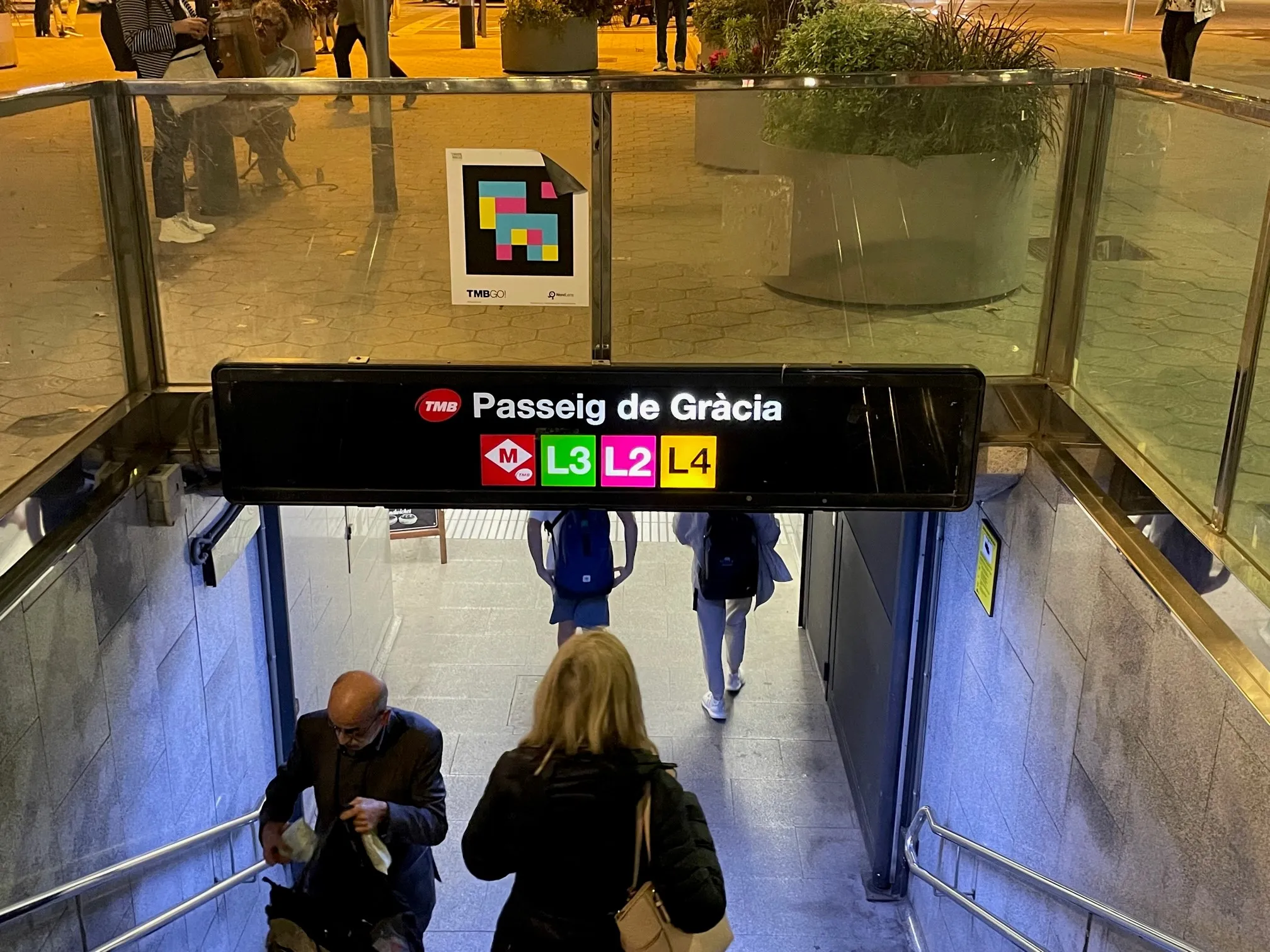2020 City, the main Spanish smart-city R&D&i project has now ended after four years’ work, with the development and testing of 33 experimental assets that will be incorporated into the offerings of the nine participating companies. The initiative, led by
The project received US$18 million in funding under the Center for Technological Industrial Development's (CDTI) INNPRONTA program. New concepts that were revolutionary at the start of the project in 2011 - such as the urban platform and the ‘citizen sensor’ - are now firmly established, says Indra.
In addition to the tools designed around this vision of the citizen as a ‘sensor’, Indra also highlights the development of other innovative solutions such as: the 2020 City portal, offering a new framework for a centralized, smart and personalised relationship between the citizen and their city; a technological platform based on cloud technology and the Internet of Things, bringing together all the information on the city and its resources; and the innovative energy efficiency, mobility, transport and environmental services and applications generated by the project.
2020 City project ends with over 30 technological solutions for smart cities
2020 City, the main Spanish smart-city R&D&i project has now ended after four years’ work, with the development and testing of 33 experimental assets that will be incorporated into the offerings of the nine participating companies. The initiative, led by Indra, has pioneered the launch of new concepts that are now in common use, such as the urban platform and ‘citizen sensor.
October 30, 2015
Read time: 2 mins









